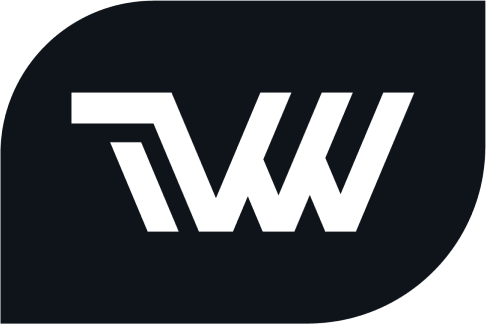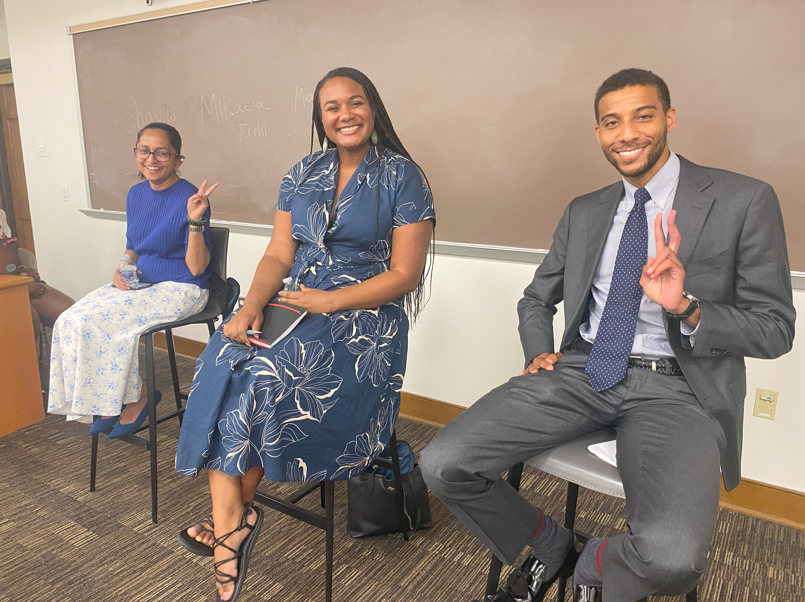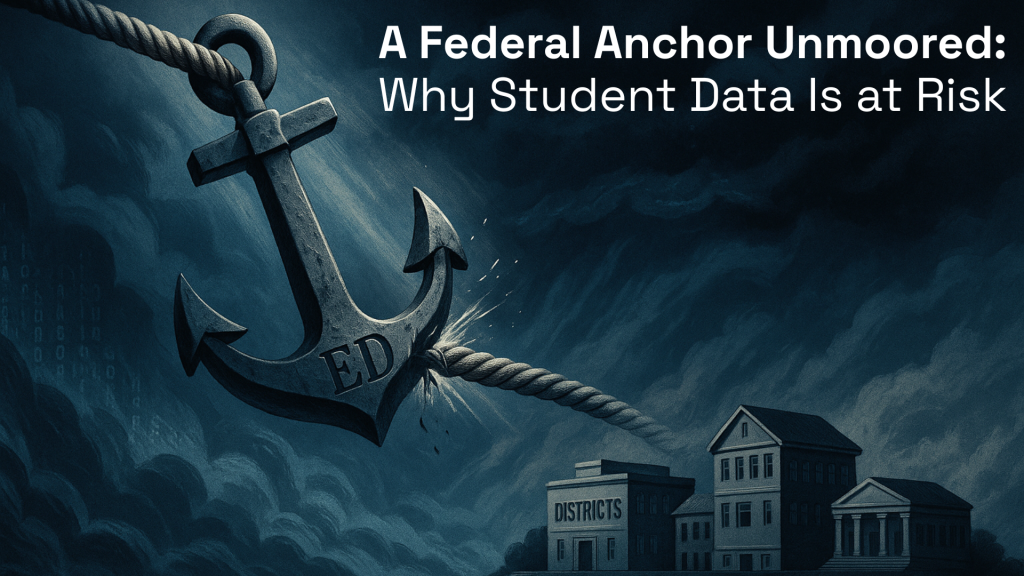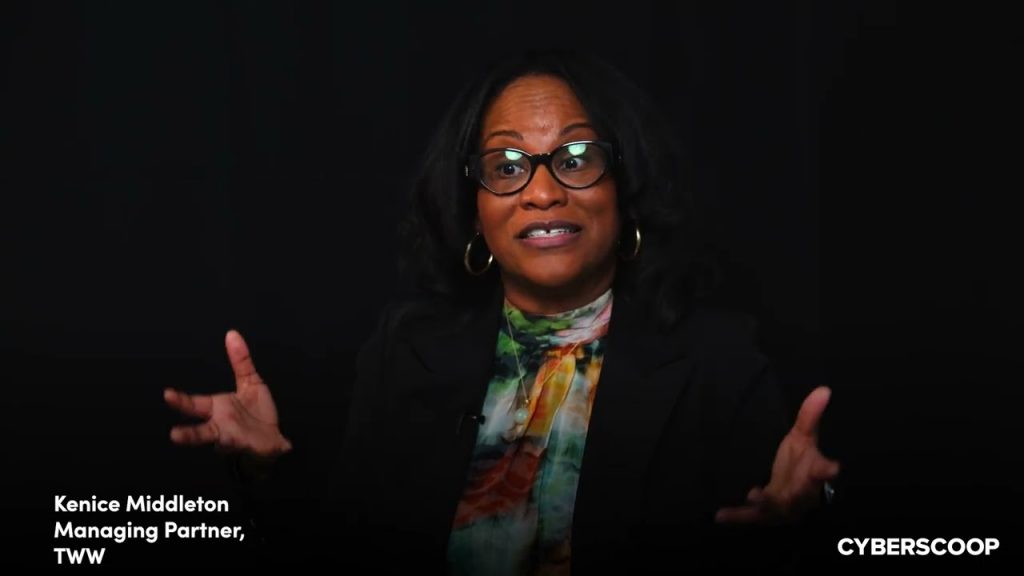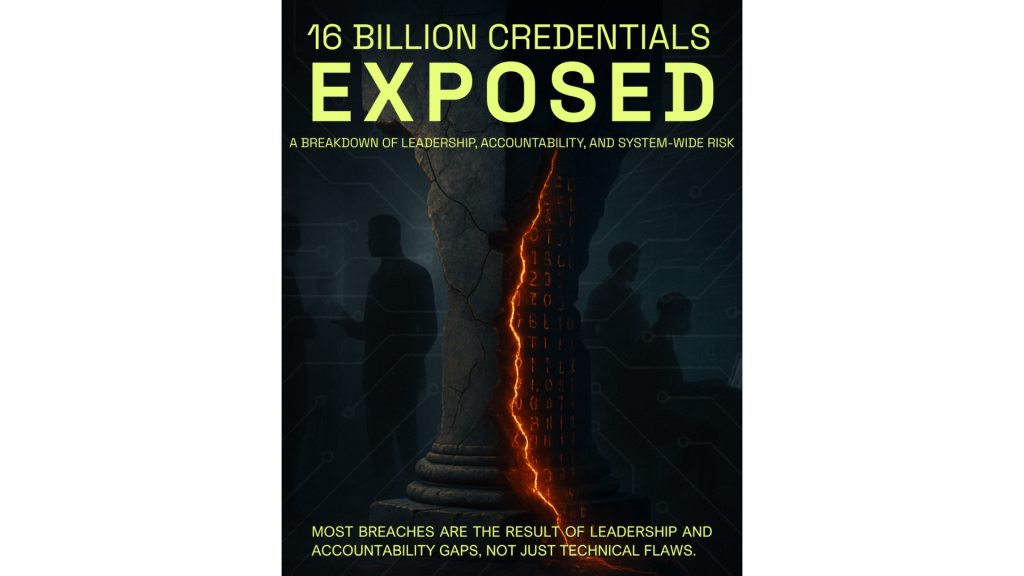A few weeks ago, I had the privilege of joining Georgetown University’s Bridges to Social Justice Academy for a panel conversation with high school students from across the world—China, Dubai, D.C., and beyond. The Academy, hosted by Georgetown’s Center for Social Justice, is a two-week residential program that introduces 15- to 18-year-olds to college life and equips them with tools to understand and influence education, advocacy, and social change.
I sat alongside Mikaela Ferrill, Mid-Atlantic Market Manager at JPMorgan Chase, and Shavini Fernando, a MedTech entrepreneur and founder of OxiWear, to speak about corporate social responsibility (CSR), storytelling, and social impact. Together, we represented different sectors, including finance, technology, and consulting, but shared a common commitment to making our work positively affect others.
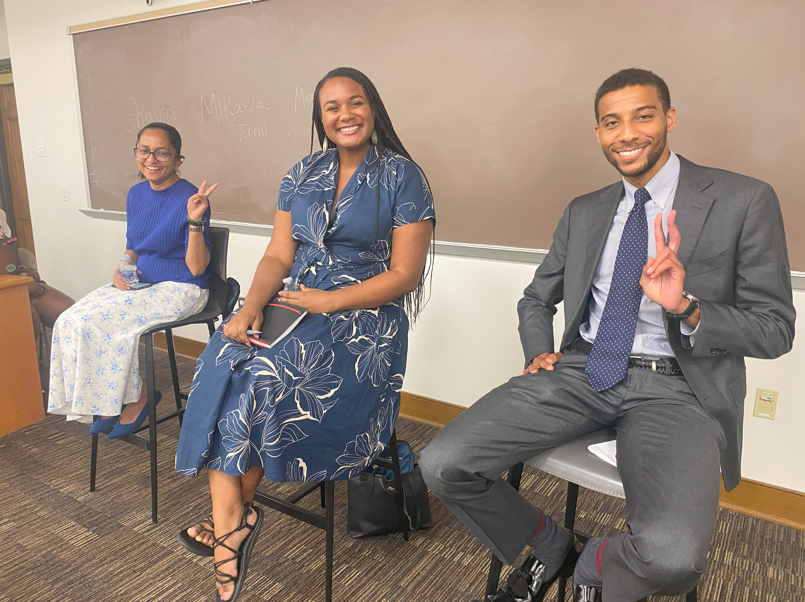
The students were eager, thoughtful, and unafraid to ask hard questions. One participant asked how to tell stories without being censored. It was a powerful moment—reminding us that storytelling is a form of truth-saying. I offered this advice: Know your audience. Tailor your message so it resonates across divides. Be nimble in your voice and platform. And never forget there are ways to tell the truth that still reach people, even in difficult climates.
At TWW, where I serve as Marketing Communications Manager, our social impact often happens behind the scenes—modernizing legacy government systems to make public services more accessible, efficient, and equitable. It’s technical work, yes, but at its core, it’s about strengthening the infrastructure that communities rely on every day. Our commitment to empowering thriving communities also extends beyond consulting. TWW’s founder and CEO, Daniel Wright, co-founded GOODProjects, a non-profit created to eliminate poverty for 500 families by 2030 through partnerships with the DC Housing Authority and others. Together, they developed individualized Family Success Plans that address critical needs, including education and out-of-school programming, workforce readiness, housing stability, financial literacy, and access to healthcare. Whether through digital modernization or on-the-ground programming, our work is about helping systems and people succeed.
Shavini spoke movingly about her journey as a Patient Founder. She created OxiWear, a wearable oxygen monitoring device that clips to the ear, offering more accurate readings across various skin tones and helping to prevent medical crises, such as cardiac arrest. Her journey as an entrepreneur emphasizes that design must consider diversity from the outset. Her innovation was born from personal need and now helps others live longer, healthier lives.
Mikaela, representing JPMorgan Chase, shared how CSR shows up through community development, entrepreneurship support, and access to financial resources. Her work is a testament to how major institutions can invest in equity, and why who’s at the table matters.
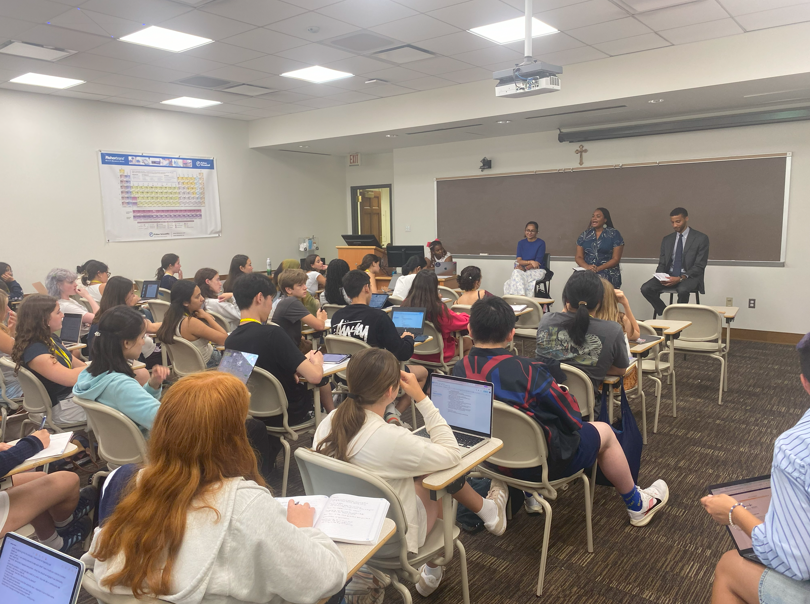
In closing, I left the students with this: You don’t have to choose between art and tech, or business and activism. You can live at the intersections. Protect your ideas. Hone your voice. And remember, your story matters. There are rooms only you can enter because of who you are and what you’ve lived.
I’m grateful to the Bridges to Social Justice team for the invitation and to the students for their courage and curiosity. The future is in good hands.
—Maxwell Harvey Young
Marketing Communications Manager, TWW
